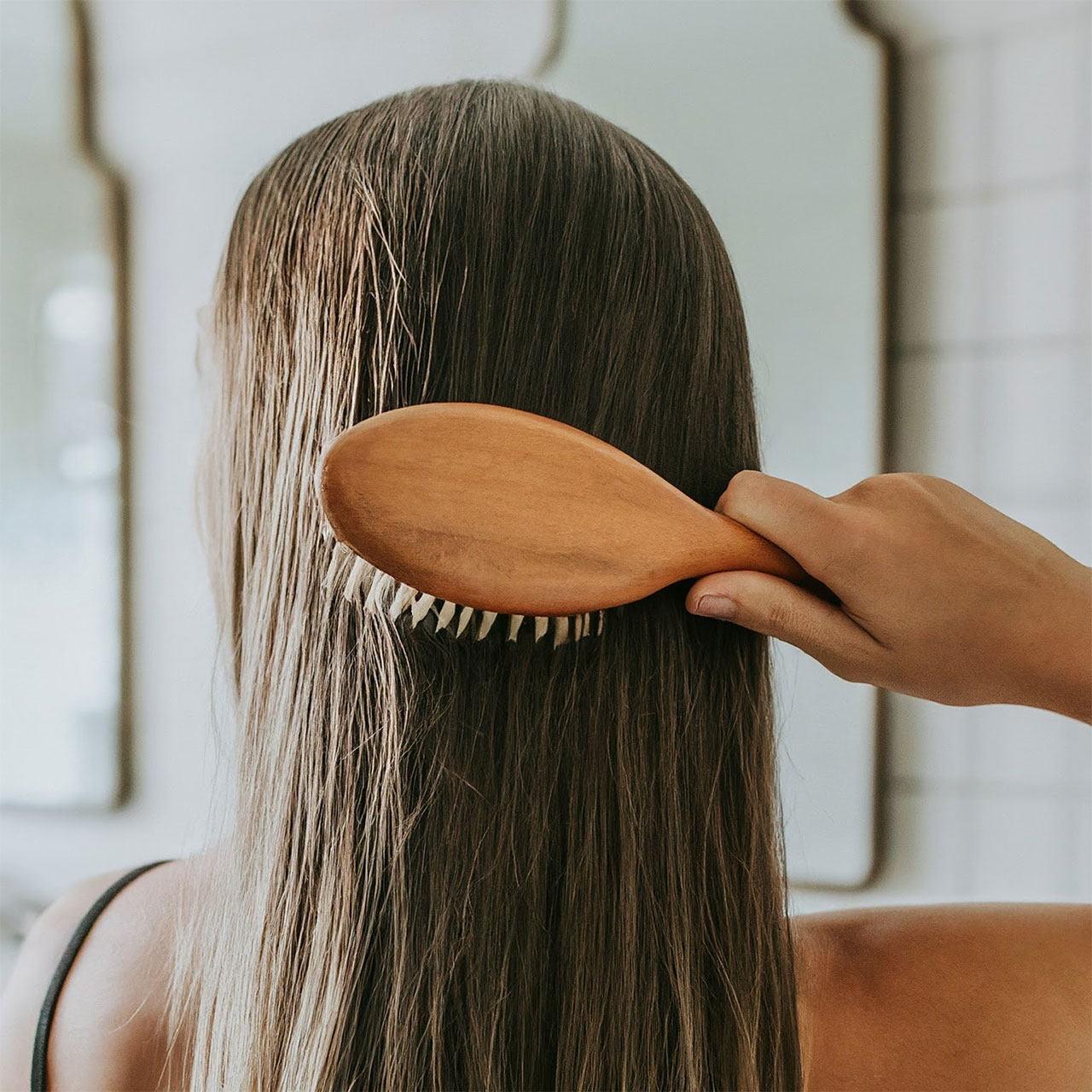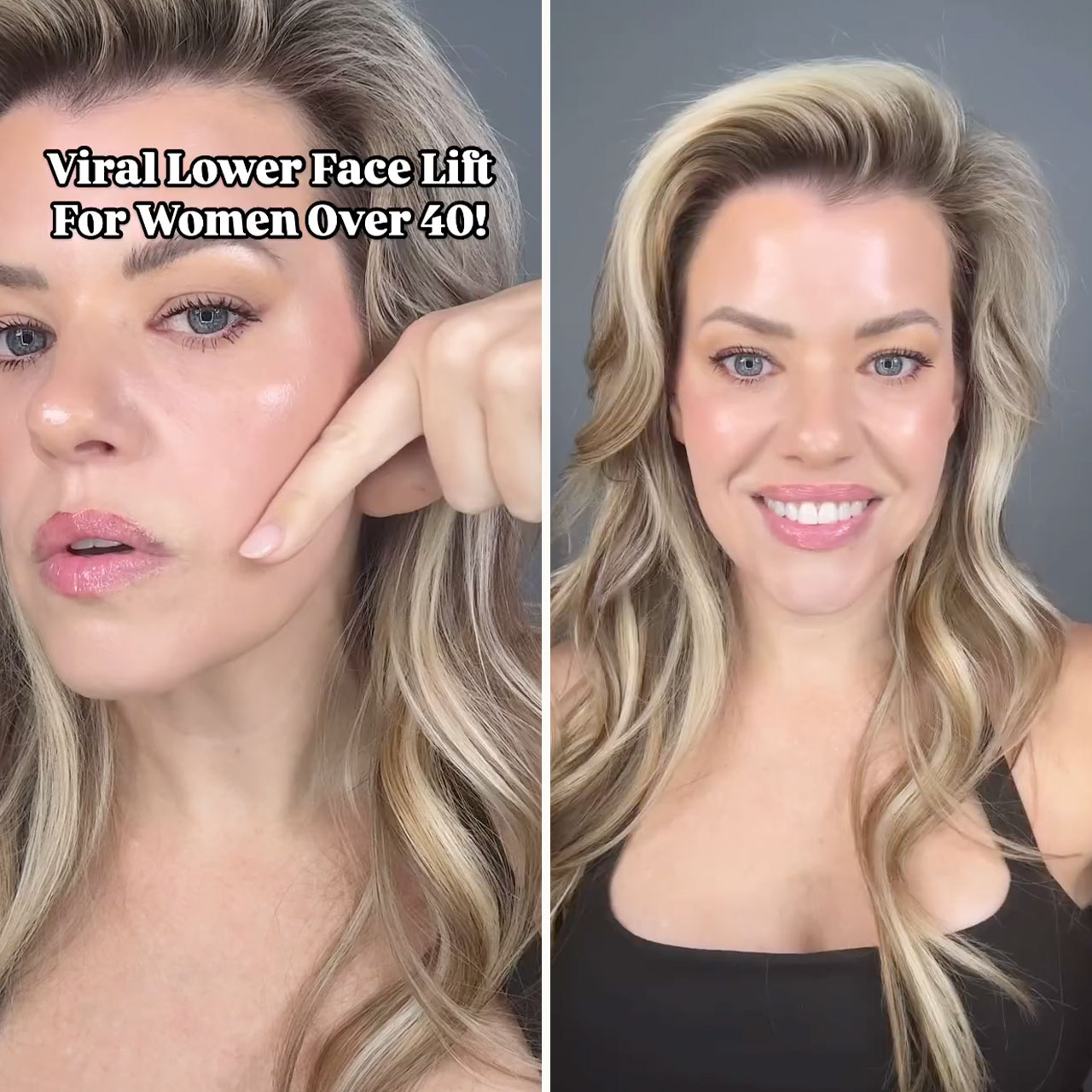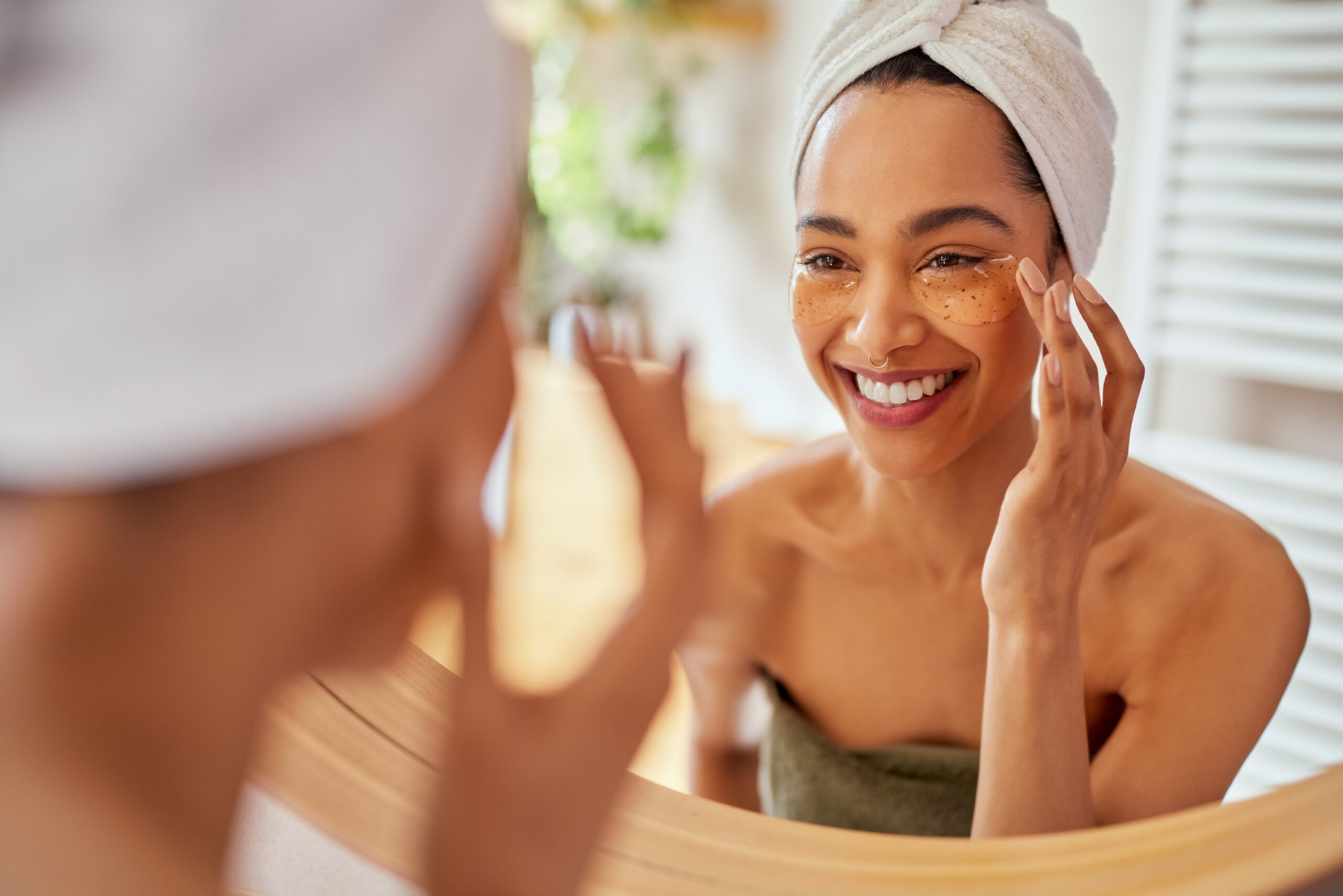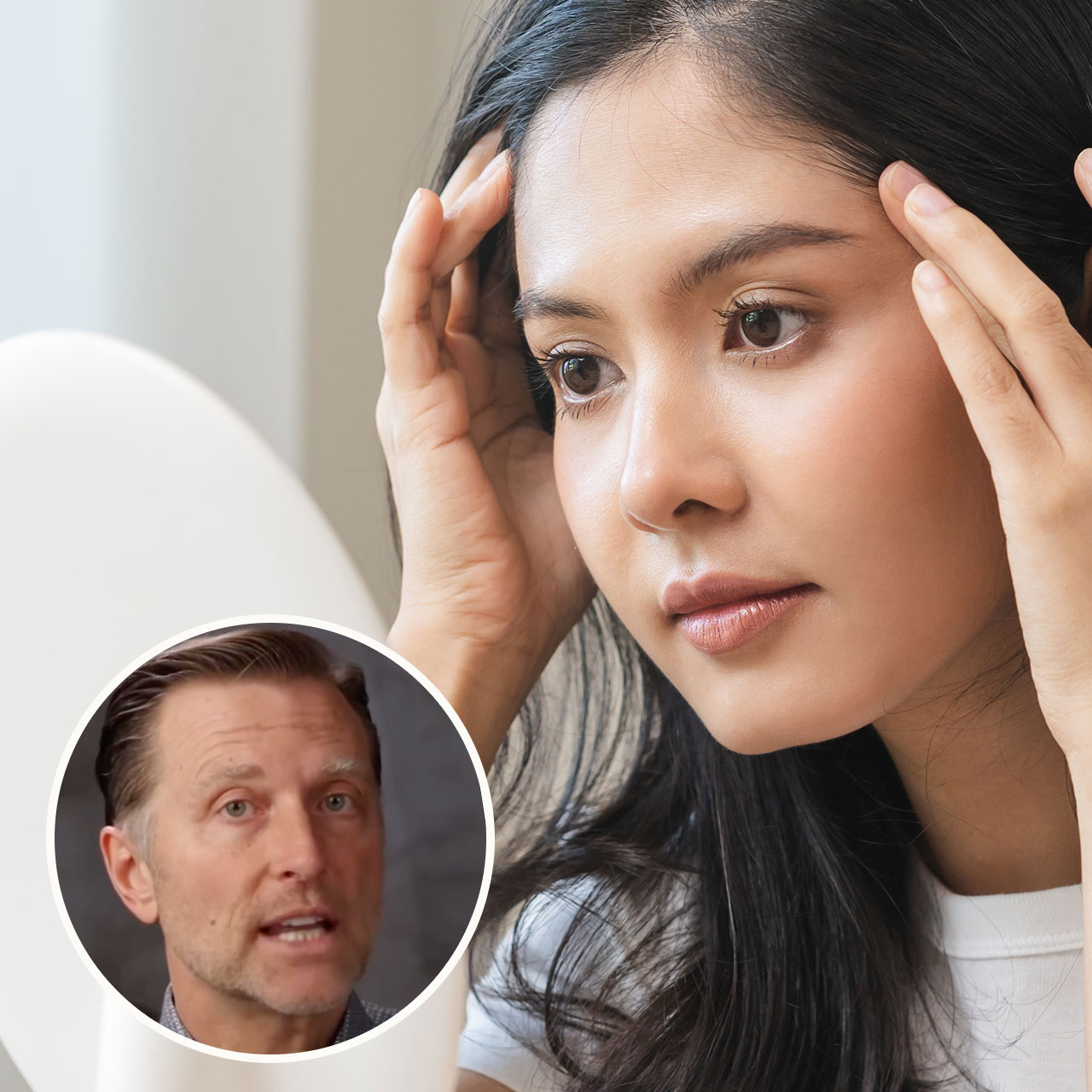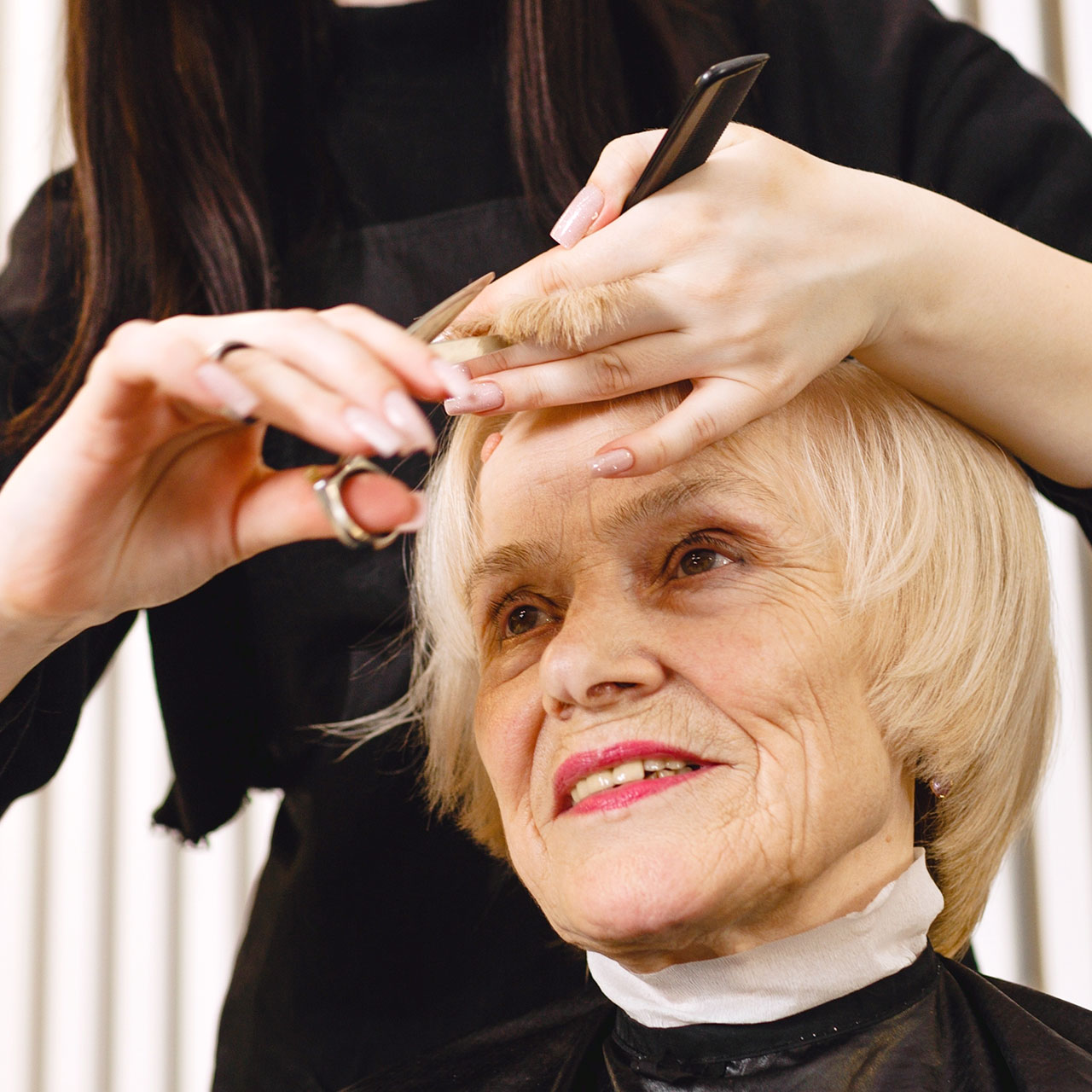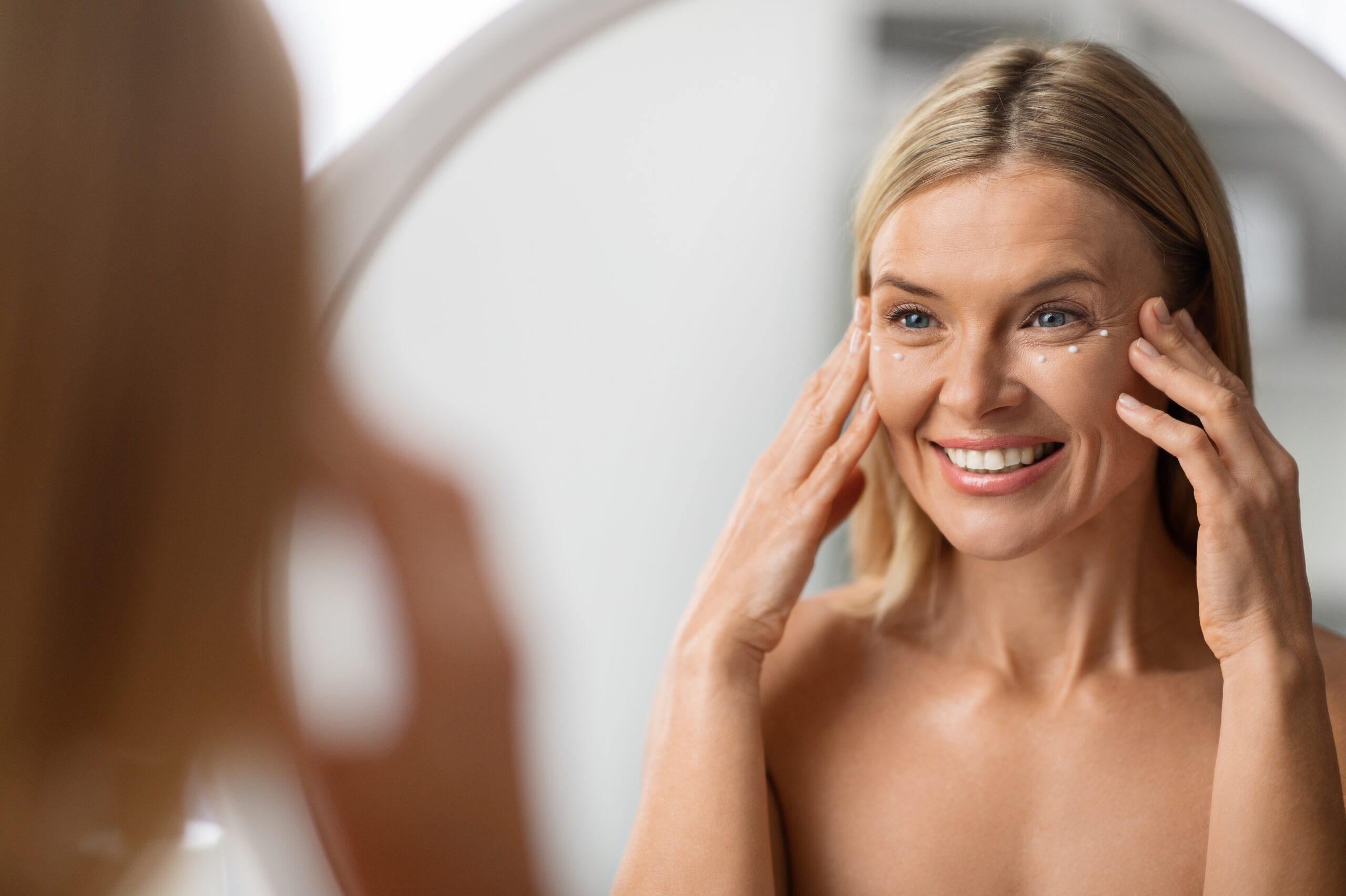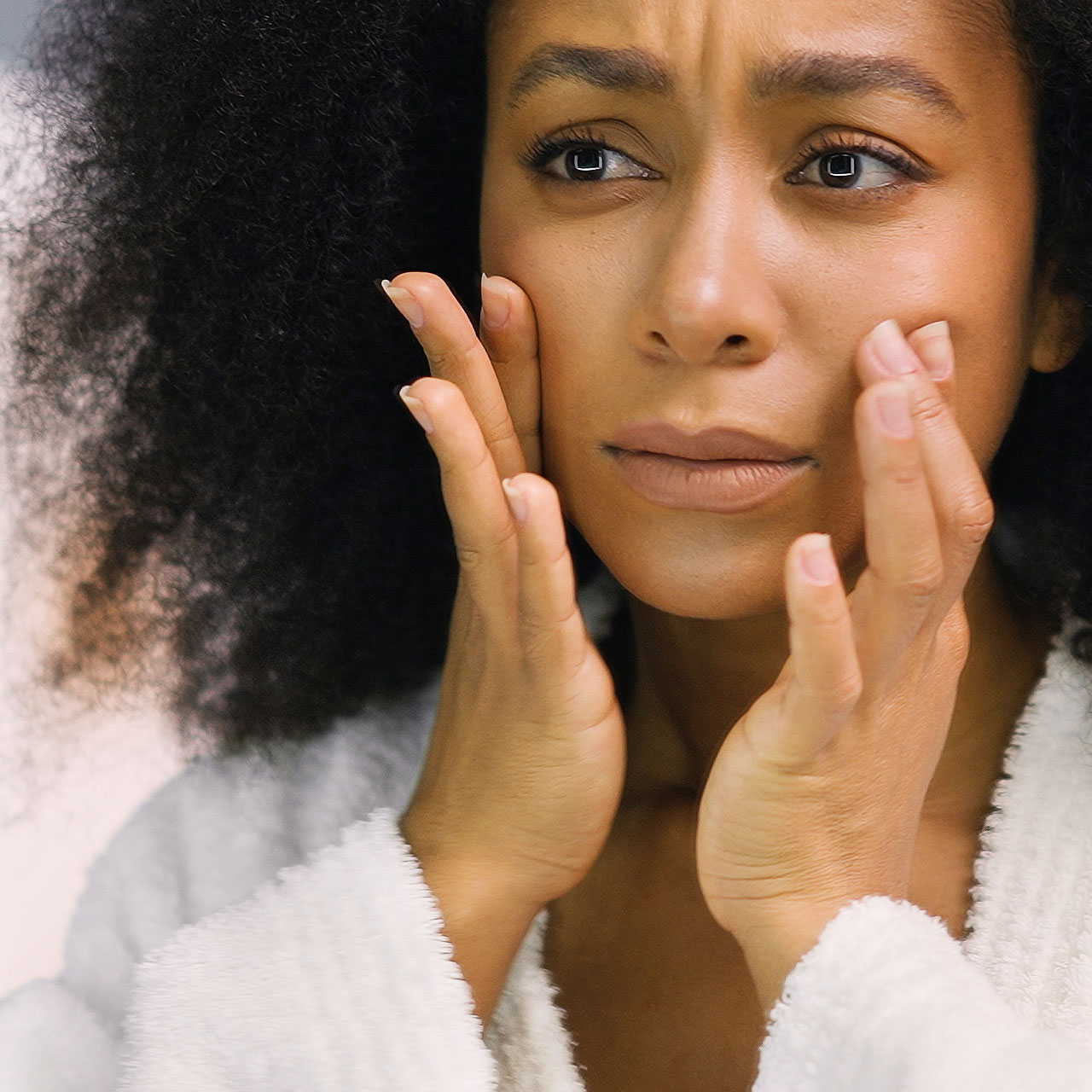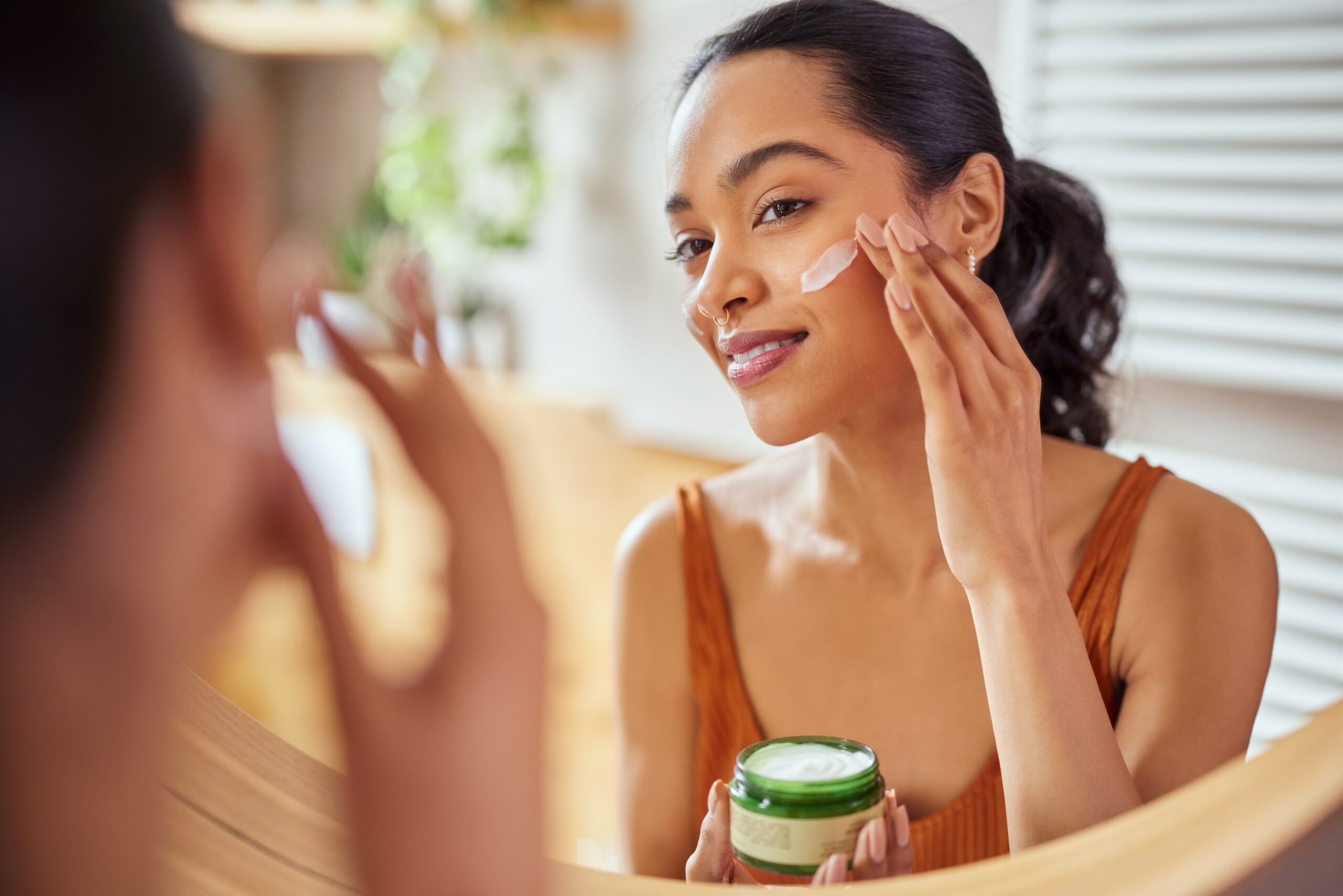Aging is a natural process, and with it comes the reflection on your skin in the form of fine lines and wrinkles. While aside from surgical options or injections there is little your skincare routine can really do to fully prevent these features from developing, a well-rounded ingredient list can certainly help to make the aging process more graceful, keeping your skin healthy and glowing at any age.
The skincare world has dramatically expanded in recent years, making it difficult to determine which ingredients are actually useful for anti-aging, and which can be left out. To get to the bottom of which products are actually useful to ward off signs of aging, particularly over 40, we checked in with NYC dermatologist Dr. Hadley King for a complete rundown on the four ingredients everyone should be including in their anti-aging skincare lineup for a smoother, more even complexion.

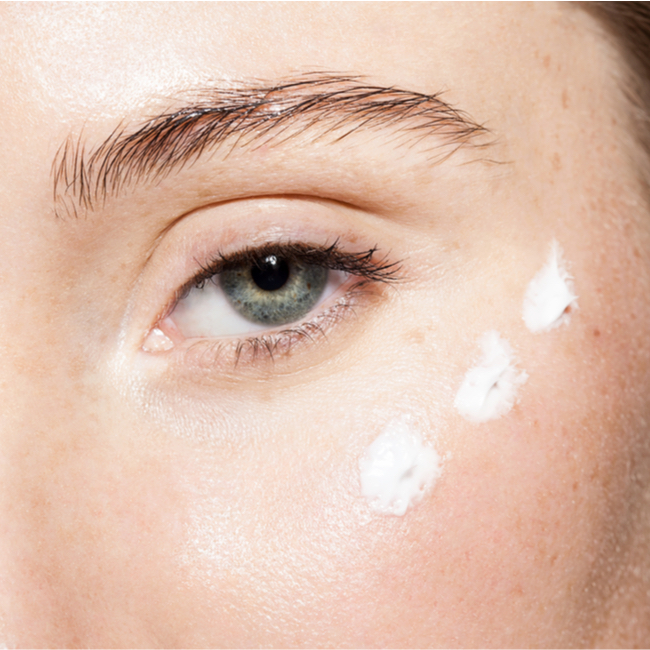
Sunscreen
Taking preventative measures against aging is one of the most important steps in ensuring you can sustain gorgeous skin at any age. With this, integrating sunscreen into your daily routine, even if you plan on staying inside, can make all the difference in protecting the delicate surface from UV rays and damage. “Sun smart behavior is the single most effective anti-aging option: sun avoidance and sun protection including seeking shade, avoiding peak UV hours, wearing protective clothing and UV-shielding sunglasses and SPF,” notes King.
If you’ve already spent years in the sun with little to no protection you may feel like this is a moot point, but starting a SPF regimen at any age can make a significant difference in the health and appearance of your skin. “Sunscreen reduces your overall UV exposure and lowers your risk of skin cancer and sun damage. Regular daily use of SPF 15 (30 is even better) sunscreen can reduce your risk of developing squamous cell carcinoma by about 40%, and lower your melanoma risk by 50%,” King explains. Not only will sunscreen keep you safe from melanoma, but it can also reduce and prevent the development of sunspots, wrinkles, and sagging skin.
Retinoids
Retinol and retinoids are some of the strongest anti-aging ingredients that have been backed by science, making them a must for people with mature skin. “Beyond sun protection, topical retinoids are the most proven anti-aging topical option,” explains King. “[Retinoids] increase the turnover of skin cells, reduce the tendency of cells and keratin debris to clump together and clog up pores, increase collagen production and decrease discoloration.”
As retinoids are generally a little harsh on the skin at first, easing in and using this ingredient 2-3 times each week at night will allow your complexion to adjust with minimal irritation. “I recommend regular use of a retinoid for everyone who can tolerate a retinoid and is not pregnant or breastfeeding,” adds King. However, it’s also important to note that retinoids can cause your skin to be more susceptible to sun damage, making it increasingly important to wear sunscreen each day.
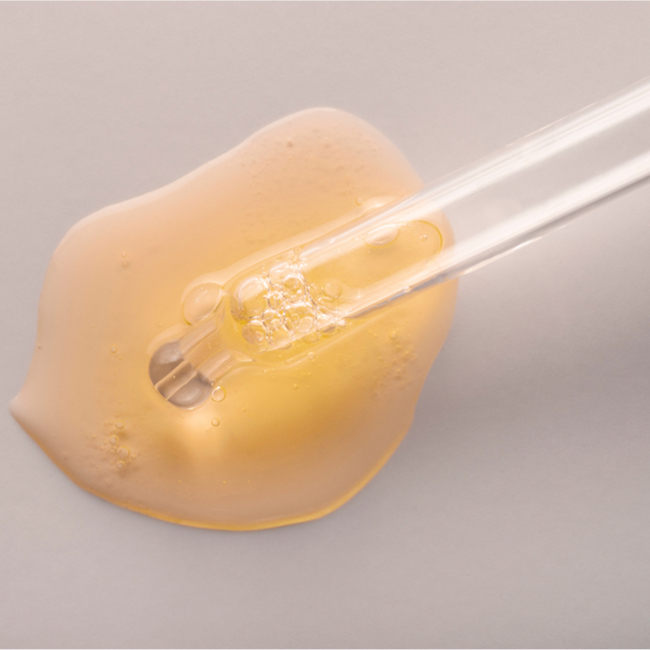
Antioxidants
Not only are antioxidants necessary to include in your diet for an all-around healthier body, but they’re also a great ingredient to prioritize within your anti-aging skincare routine. “Topical antioxidants, e.g. vitamin C, are helpful in protecting the skin from damage from free radicals, most notably from UV rays and pollution,” notes King. “Topical antioxidants combined with sunscreen have been shown to provide more sun protection compared to sunscreen alone.”
While retinol products are generally applied in the evening to reduce the appearance of fine lines and wrinkles, using a vitamin C serum in the morning along with SPF is a great way to attack aging from both ends of the day. Antioxidants don’t put your skin at risk for increased sun damage and are therefore the perfect addition to your morning routine.
Anti-Aging Peptides
Peptides are a less frequently discussed ingredient for anti-aging that is actually quite effective in promoting collagen production in the skin which will increase elasticity and reduce the development of fine lines and wrinkles. “The anti-aging potential of peptides was first shown years ago when NIH-backed research on the ingredient Matrixyl (palmitoyl pentapeptide-3) showed its ability to stimulate collagen production in skin,” explains King. “Studies on formulations such as Argireline (acetyl hexapeptide-3) have shown that they can produce a mild, Botox-like effect, inhibiting the release of neurotransmitters that keep facial muscles from forming wrinkles.”
Some of the benefits you can expect to experience from the use of peptides is a reduction in inflammation, lessened fine lines, and increased elasticity of the skin for a youthful appearance at any age.



